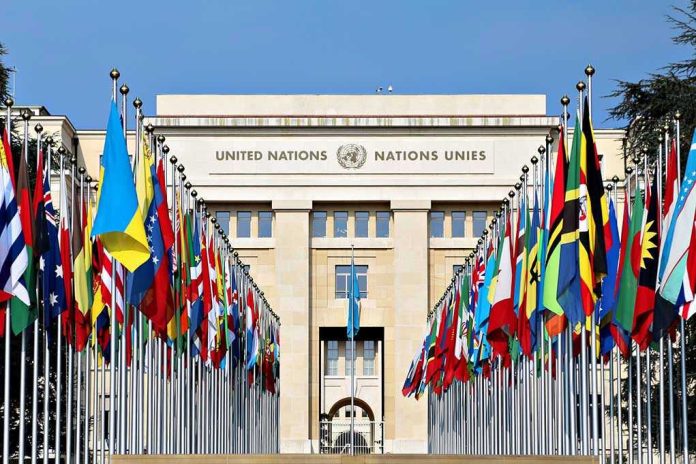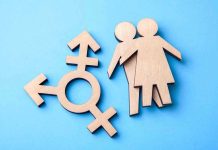
The U.S. government has ignited a global firestorm by sanctioning a United Nations human rights expert for her relentless push to hold Israel—and by extension, U.S. officials—accountable at the International Criminal Court, leaving the world wondering if international law means anything when it collides with American interests.
At a Glance
- U.S. sanctions UN Special Rapporteur Francesca Albanese for advocating ICC action against Israel.
- Sanctions follow Albanese’s explosive report alleging genocide and corporate complicity in Gaza.
- Human rights organizations and UN officials blast the sanctions as an assault on international justice.
- Move risks chilling effect on UN investigators, undermining global accountability mechanisms.
U.S. Sanctions UN Expert: Shielding Israel, Targeting Accountability
Secretary of State Marco Rubio didn’t mince words on July 9, 2025, when he slapped sanctions on Francesca Albanese, the UN’s Special Rapporteur for the occupied Palestinian territories. The accusation? Anti-Semitism, support for terrorism, and illegitimate lawfare against U.S. and Israeli officials. Albanese’s real “crime,” it seems, was daring to call for international action in the face of what she described as genocide in Gaza, and urging the world to stop turning a blind eye to the financial and corporate interests fueling the conflict. It’s not every day you see Washington come down harder on a UN expert than on the actual perpetrators of violence, but here we are.
Albanese’s July report, which outlined how companies are profiting from chaos in Gaza, triggered a diplomatic earthquake. The timing couldn’t be more pointed—amid mounting international scrutiny over Israel’s military campaign, and with the U.S. once again racing to defend its closest Middle Eastern ally from outside accountability. The move is classic Washington: when the world’s watchdogs bark too loudly about U.S. or Israeli actions, the leash gets yanked.
International Backlash: Human Rights and UN Officials Cry Foul
The condemnation was immediate and fierce. Amnesty International called the sanctions a “shameless and transparent attack on the fundamental principles of international justice,” warning that this dangerous precedent could silence anyone daring to challenge the world’s most powerful military alliances. UN High Commissioner for Human Rights Volker Türk demanded a reversal, insisting that debate—not punishment—should guide international relations when it comes to human rights and war crimes. Even the President of the UN Human Rights Council, Jürg Lauber, called out Washington’s move as a blow to the independence of UN experts and the credibility of the entire human rights system.
This isn’t the first time the U.S. has thrown its weight around to shield itself and Israel from international scrutiny. The Trump administration set the stage by sanctioning International Criminal Court officials who had the nerve to look into alleged war crimes by U.S. and Israeli forces. Now, with a new administration, the playbook hasn’t changed—just the faces behind the podium. The message is unmistakable: international law applies to everyone except America and its chosen allies.
A Chilling Precedent: Who Holds the Powerful Accountable?
The ramifications of this episode reach well beyond Francesca Albanese. UN rapporteurs and human rights investigators everywhere are taking notes: speak too loudly about human rights abuses by the powerful, and you risk sanctions, career destruction, and international ostracism. The U.S. action threatens to chill robust reporting and undermine the already fragile independence of international accountability mechanisms. Human rights watchdogs warn that if this becomes the new normal, the entire framework of international justice could unravel, replaced by a world where only the powerless face consequences, and the powerful write the rules.
The stakes are high not just for international law, but for the millions living under occupation or fleeing violence around the globe. If UN experts are bullied into silence, the voices of the voiceless are lost in the diplomatic shuffle. Meanwhile, the U.S. risks eroding its own credibility as a supposed champion of human rights—a title increasingly hard to defend when it’s busy slapping down those who dare to investigate uncomfortable truths.
Sources:
US State Department: Sanctioning Lawfare That Targets U.S. and Israeli Persons







